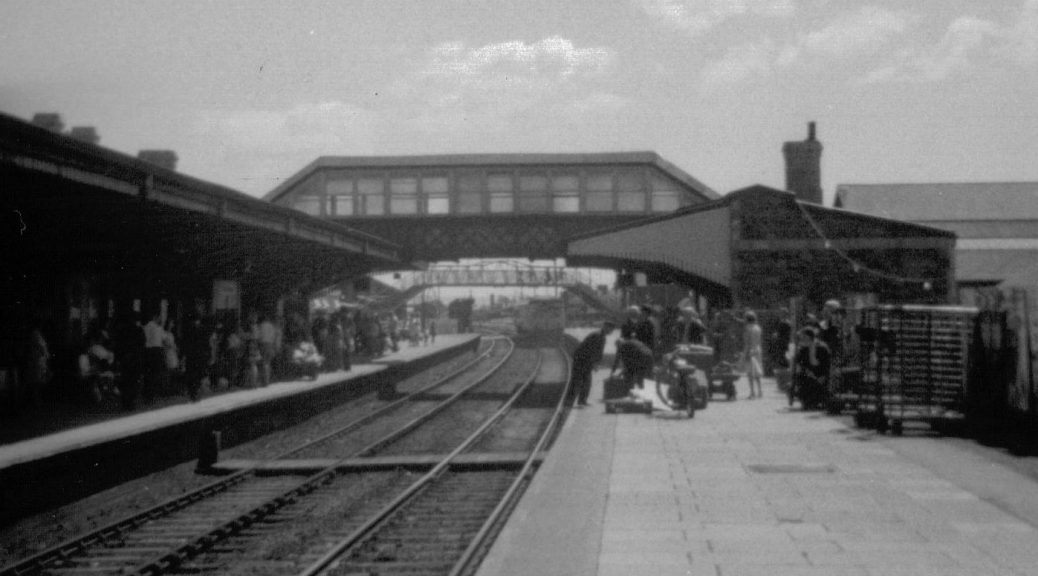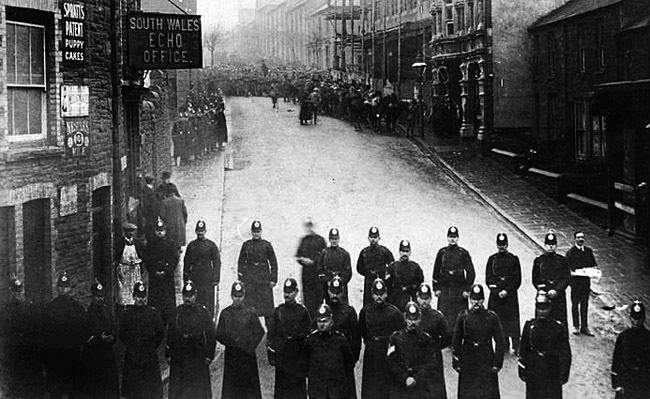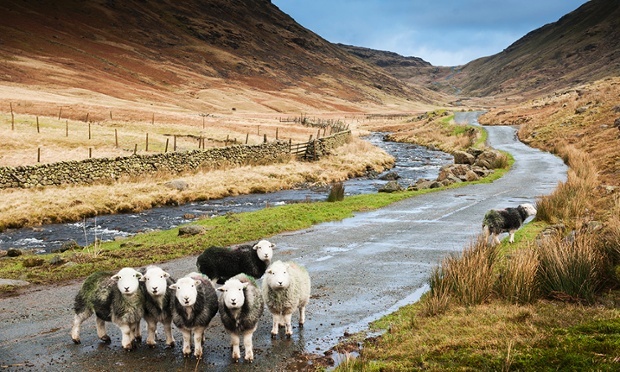
Churchill, Troops and Strikers (2): Llanelli, 1911
Llanelli and the Railway Strike: concluded from Part 1…
Throughout the August 1911 railway strike, troops stood by. Their orders were to interfere only against threats to public security. But there was another reason why anxiety ran high at that time. A few weeks earlier, the Germans had sent a gunboat to Agadir, French Morocco. Rumors of war with Germany were rampant. David Lloyd George said the Agadir Crisis was a threat to peace. The Germans, he warned, “would not hesitate to use the [strike] paralysis,,,to attack Britain.” Paul Addison, in Churchill on the Home Front, described the public mood.…








